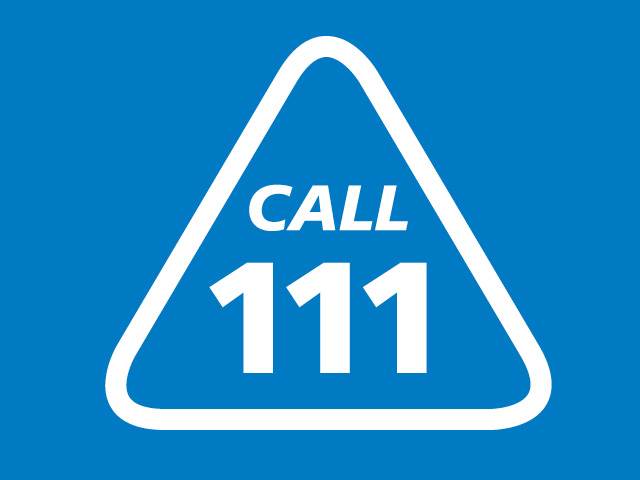
Latest News:
Wirral Carers Alliance – In-person Carers Forum Tuesday 15th July 2025 Measles cases are rising! Coils and Contraceptive Implants (LARC Clinic)
Frailty help and support
What is Frailty?
Age UK defines frailty as a ‘particular state of health often experienced by older people’. Being frail does not mean an individual lacks capacity or capability of living independently, if refers to their personal resilience and how this relates to the rate at which they are able to recover from health problems.
Frailty in over 65s- Check your risk.
Are you worried that you or someone you care about is becoming frail? Age UK tells us that around 10% of people aged over 65 live with frailty. This figure rises to between 25% and 50% for those aged over 85.
Symptoms of frailty include:
- weight loss
- general weakness/loss of strength
- exhaustion
- slow walking speed
- poor balance
- less active
- memory or thinking problems
People living with frailty often have a higher risk of falls, fractures, dementia and memory problems, loss of strength and independence and a poorer quality of life. Frailty can mean more frequent illnesses, trips to the hospital, poor recovery, and more complications from treatments.
Here are 7 simple yes/no questions that you can ask to see if someone is at risk of being frail.
- Are you older than 85 years?
- Are you male?
- In general, do you have any health problems that require you to limit your activities?
- Do you need someone to help you on a regular basis?
- In general, do you have any health problems that require you to stay at home?
- If you need help, can you count on someone close to you?
- Do you regularly use a stick, walker or wheelchair to move about?
If you answer YES to 3 or more of these, this indicates an increased risk of frailty and the need to contact your practice for further assessment.
Preventing Frailty – Check for malnutrition
One of the signs of frailty in older people is unintentional weight loss. Older people (> 65yrs) may be at risk of malnutrition, which then puts them at a much greater risk of becoming frail. Preventing or treating malnutrition is an important way to help to “build someone up”, and to help maintain independence and a good quality of life.
Malnutrition may sound a bit extreme but you may be surprised how easily an older person can become malnourished. Reasons for poor dietary intake may include:
- Not feeling hunger or thirst
- Problems chewing or swallowing (e.g. problems with teeth or dentures)
- Not being able to prepare food (e.g. not being able to stand at the stove to cook, not being able to hold pans, open cans/jars etc)
- Medical problems (tummy upsets, restricted diets, dementia and memory problems)
- Having less money for food
- Not being able to get out to do the shopping
- Loss of a partner
- Social isolation
If you are concerned that you or someone you care for may be at risk, you can check by downloading The Patients’ Association Nutrition Checklist. The checklist helps you to see whether you, or someone you care for, could do with some help with diet. It also has some tips and ideas for food to help you eat well and gain energy.
If you have concerns or you need further advice please take the checklist to your GP, practice nurse or local dietitian (if referred).
More information and tips available on the website.
Links for further information:







